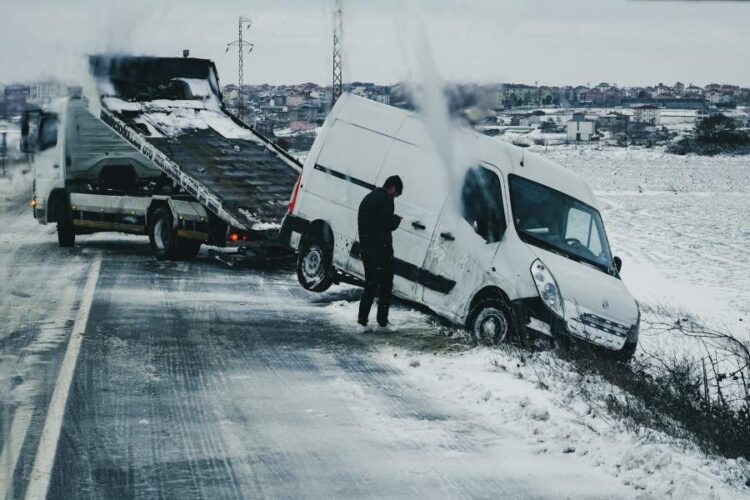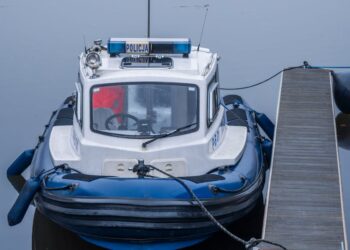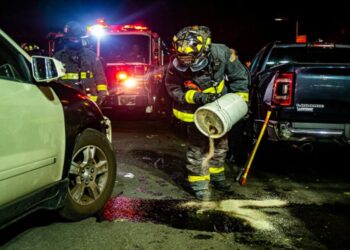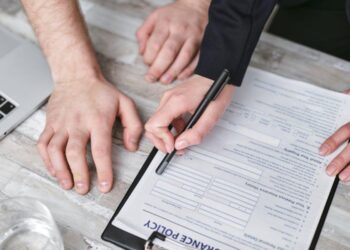Accidents involving large trucks can be devastating, particularly when they are caused by negligence in the way cargo is loaded. Truck accidents due to improper loading in Winter Haven are not only more common than many realize, but they also present unique challenges when it comes to proving fault. Determining liability requires a careful look at the evidence, an understanding of trucking regulations, and a breakdown of who may be held responsible for the injuries and damages that follow.
This article explores how fault is proven in these cases, the role of evidence, and the legal parties who may share liability.
Why Improper Loading Is So Dangerous
Tractor-trailers and other commercial vehicles carry thousands of pounds of cargo across Florida’s roads. When cargo is not secured properly, several dangerous situations can occur:
- Shifting loads: Cargo that moves during transit can cause the truck to tip, jackknife, or become difficult to control.
- Falling cargo: Improperly secured items may spill onto the road, creating hazards for other drivers.
- Uneven weight distribution: If the cargo is too heavy on one side, braking and turning become unpredictable and dangerous.
These risks are amplified on busy roads around Winter Haven, where passenger cars share space with large trucks daily.
Legal Duty and Regulations for Cargo Loading
To prove fault, it’s important to understand the rules governing how cargo should be loaded. Federal Motor Carrier Safety Administration (FMCSA) regulations and Florida state laws both require trucking companies and drivers to:
- Inspect cargo before and during trips.
- Use securement devices such as straps, chains, and tarps.
- Follow weight limits and balance requirements.
When these standards are ignored, the risk of a serious crash increases—and failure to comply can become a strong piece of evidence in a personal injury case.
Key Evidence in Proving Fault
Establishing liability in truck accidents due to improper loading in Winter Haven often comes down to the quality of the evidence collected. Common types include:
1. Accident Scene Evidence
Photographs, videos, and witness statements can show how cargo spilled or shifted at the moment of impact.
2. Truck Inspection Reports
Police and investigators often conduct post-accident inspections. These can reveal whether the load exceeded weight limits or was secured incorrectly.
3. Driver’s Logbooks and Records
Driver logs may reveal whether proper cargo inspections were conducted, as required by law.
4. Shipping Documents
Bills of lading and load manifests can identify the company responsible for loading and securing the cargo.
5. Expert Testimony
Accident reconstruction specialists may be used to show how improper loading directly caused the crash.
Who Can Be Held Liable?
Unlike many car accidents where fault is typically limited to the drivers involved, truck crashes often involve multiple parties. Liability can extend to:
- Truck Drivers: If they failed to inspect or secure their load properly.
- Loading Companies: Third-party contractors may be responsible if they packed the cargo incorrectly.
- Trucking Companies: Employers may be liable for poor training, oversight, or pushing drivers to skip safety checks.
- Manufacturers of Equipment: If defective straps, chains, or trailers contributed to the accident.
Identifying the correct defendant—or multiple defendants—is essential for victims seeking compensation.
The Role of Negligence in Winter Haven Cases
To succeed in a personal injury claim, a victim must prove negligence. This involves demonstrating that:
- The defendant owed a duty of care. For example, loaders and drivers must follow safety regulations.
- The duty was breached. This could mean failing to secure cargo or ignoring inspection requirements.
- The breach caused the accident. Evidence must link improper loading directly to the crash.
- Damages resulted. Victims must show medical expenses, lost wages, pain, or other harm.
In cases of truck accidents due to improper loading in Winter Haven, proving these elements is often complex, which is why strong evidence and legal strategy are so important.
Challenges in Proving Fault
Truck accident cases are rarely straightforward. Some challenges victims may face include:
- Multiple Defendants: Companies may point fingers at each other to avoid responsibility.
- Lost or Withheld Evidence: Trucking companies may attempt to hide records or documents.
- Complex Regulations: Federal and state rules can be difficult for victims to navigate without legal support.
These challenges make timely investigation critical. The sooner evidence is collected, the stronger the case becomes.
Compensation for Victims
Victims of truck crashes caused by improper loading may be entitled to compensation for:
- Medical expenses – from emergency care to rehabilitation.
- Lost income – both current wages and future earning potential.
- Pain and suffering – physical and emotional trauma.
- Property damage – repair or replacement of vehicles.
Courts may also award punitive damages in cases of gross negligence, such as knowingly ignoring safety regulations.
Steps to Take After an Improper Loading Truck Accident
If you’re involved in such a crash in Winter Haven, here are practical steps to protect your rights:
- Seek medical attention immediately. Your health and safety come first.
- Call law enforcement. A police report will be vital in establishing liability.
- Document the scene. Take photos and gather witness contact details.
- Avoid discussing fault. Do not admit responsibility at the scene.
- Contact an attorney. Trucking cases are complex, and legal representation can make all the difference.
Final Thoughts
Proving fault in truck accidents due to improper loading in Winter Haven is a challenging process that requires gathering evidence, identifying liable parties, and understanding complex trucking regulations. With multiple stakeholders potentially at fault, victims must approach these cases carefully to secure fair compensation.
By focusing on evidence and legal responsibility, victims can hold negligent parties accountable and reduce the risk of similar accidents happening in the future.










